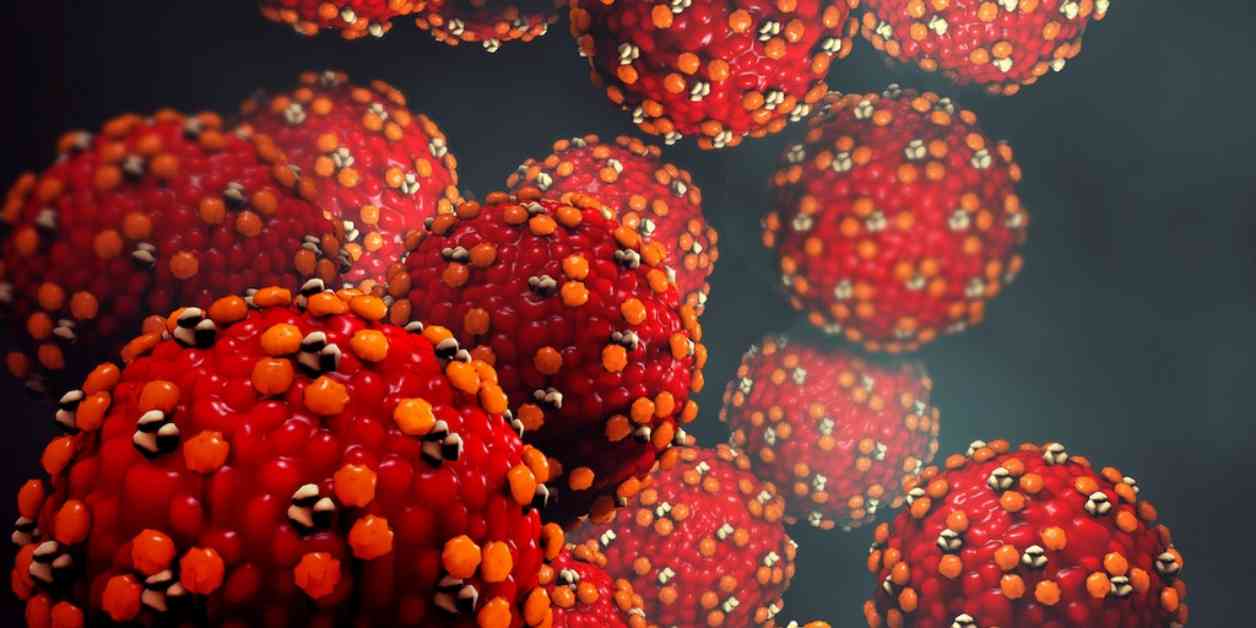The United States has seen a significant surge in measles cases in 2024, with 188 reported cases so far, which is more than triple the number reported in 2023. This increase is concerning, especially considering that we are only halfway through the year. Out of the total cases this year, about 65% are associated with outbreaks, which are defined as three or more related cases by the Centers for Disease Control and Prevention (CDC). There have been 13 outbreaks in 2024, compared to just 4 in 2023.
It is alarming to note that approximately 85% of infected individuals this year were either unvaccinated or their vaccination status was unknown. Only 10% had received one dose of the Measles, Mumps, and Rubella (MMR) vaccine, while 5% had received two doses. Medical professionals emphasize that the risk of contracting measles is significantly reduced after receiving the vaccine.
Measles is a highly contagious airborne disease that can have serious complications, especially in children. Symptoms include high fever, malaise, cough, coryza, and conjunctivitis, followed by a distinctive rash. It is crucial to take preventive measures, such as vaccination, to protect individuals from this potentially deadly disease.
While the current increase in measles cases is alarming, it is important to note that it is still far below the numbers seen in 2019 when nearly 1,300 cases were reported in the United States in a single year. However, the recent spike in cases serves as a reminder of the importance of vaccination and public health measures to prevent the spread of infectious diseases.
It is essential for individuals to stay informed about the latest developments regarding measles outbreaks and to follow the guidance provided by health authorities. Maintaining high vaccination rates in communities is crucial to prevent the resurgence of vaccine-preventable diseases like measles. Let us all work together to ensure the health and well-being of our communities by staying vigilant and taking necessary precautions to protect ourselves and others from infectious diseases like measles.





















